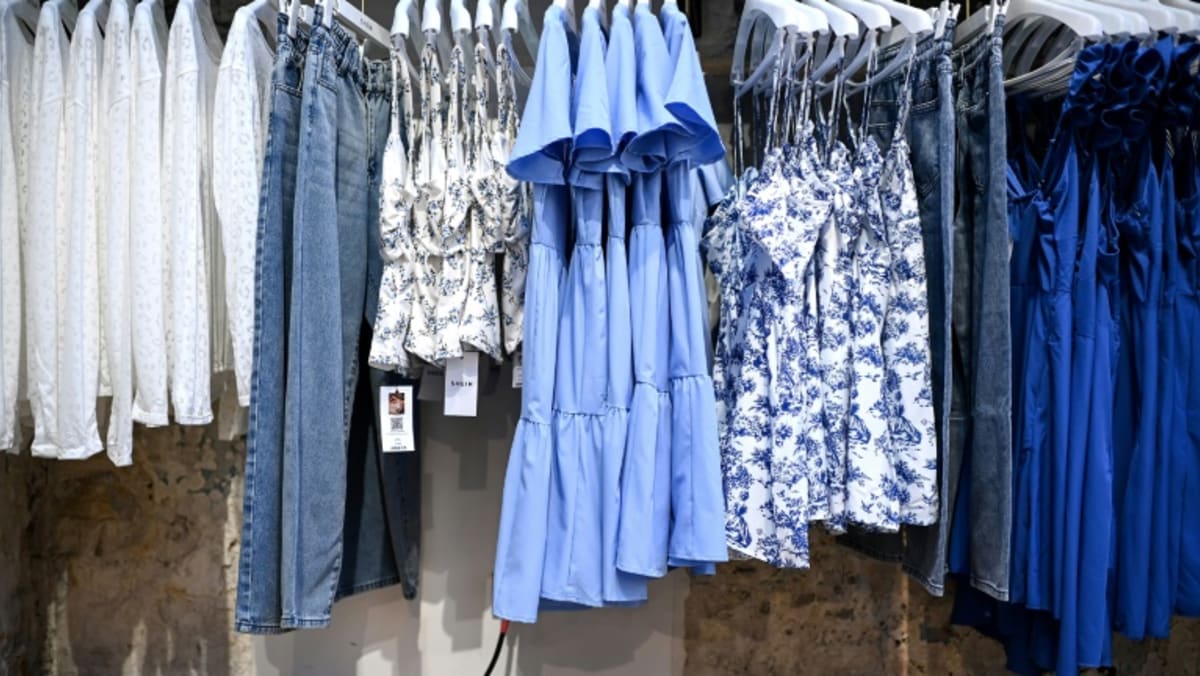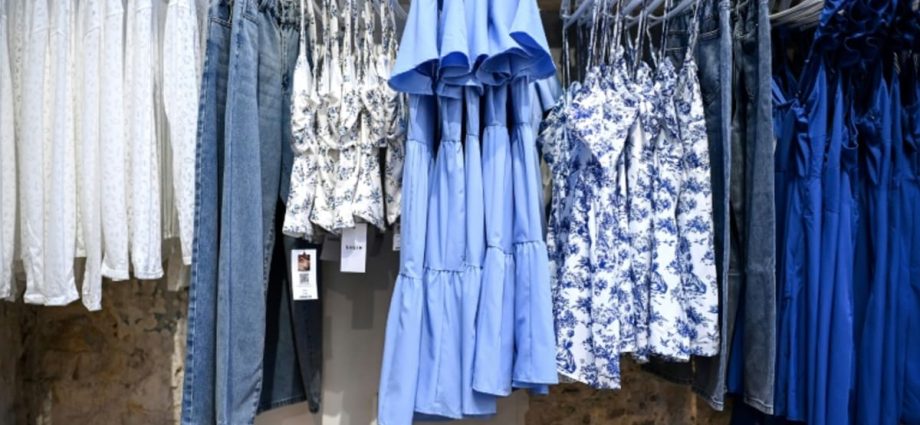
Shein’s efforts to green its image include a second-hand clothing business in the United States, materials research and integrating recycled materials in its products.
While acknowledging “fair criticism” that its product pages offer consumers little detail about recycled content and other traceability factors, “we’re trying to enhance how we describe and categorise our products”, Pernot-Day said.
He insisted that Shein is “very connected digitally” with suppliers’ information about sourcing.
The company carried out up to 300,000 chemical tests this year alone, Pernot-Day said, adding that it worked with Oritain, a product analysis firm that also works with the US government.
“We’re still learning,” he added. “The challenge is that we have a lot of suppliers, lots of products.”
Pernot-Day also maintained that Shein has “no suppliers in Xinjiang” in northwestern China, where aid groups have accused it of using forced labour by Uyghur people.
US lawmakers recently asked the SEC financial watchdog to require an independent investigation into allegations of forced Uyghur labour at several brands including Shein.
But the company uses a US government-forced labour blacklist “to look at our supply chain and understand whether or not the companies are in there”, Pernot-Day said.
And when allegations are made of copied goods being sold on Shein, “if it is (proved), we remove it from sale, if not, we won’t,” he added, although “this is a difficult legal question”.
“We’ve seen a reduction of the number of complaints against us” for intellectual property violations, Pernot-Day said.

